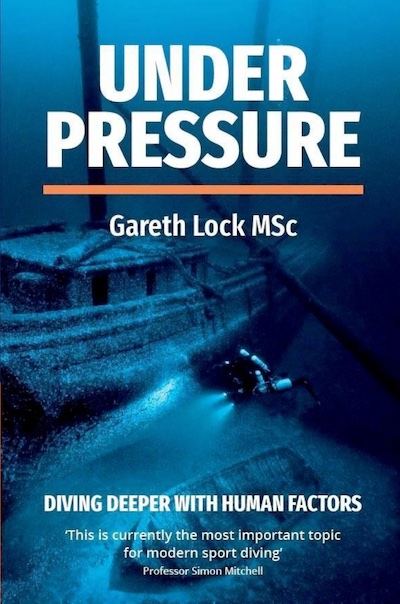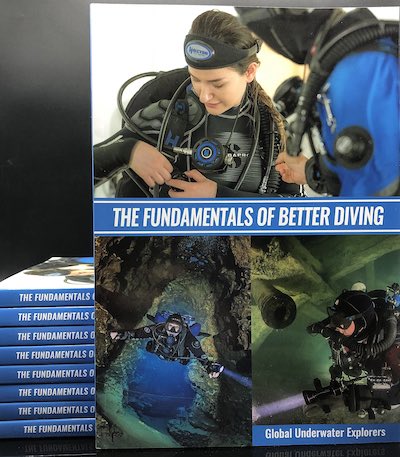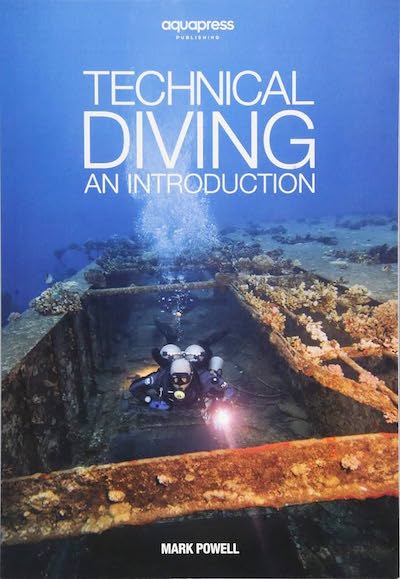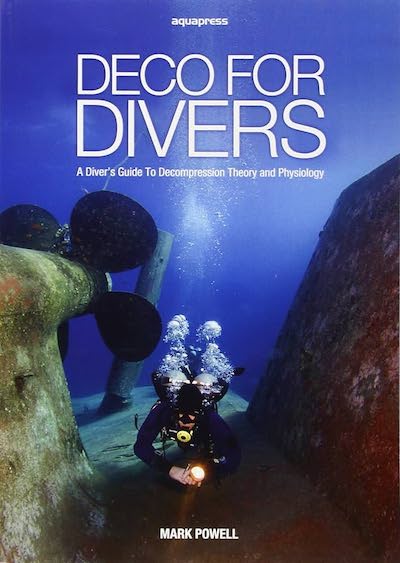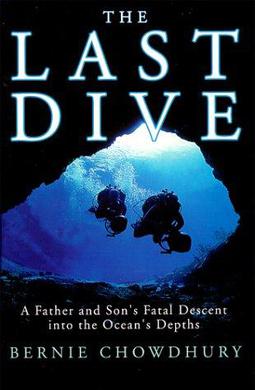Under Pressure
Gareth Lock's book on human factors in scuba diving explores critical aspects beyond technical skills. It redefines human error as a symptom, not the cause, emphasizing understanding over blame. It distinguishes between risk and uncertainty, cautioning against over-reliance on calculable risk. The book promotes psychological safety and just culture in diving, highlighting their roles in fostering a safe environment. It covers situational awareness, effective communication, and team dynamics for better diving outcomes. Finally, it advocates learning from failures to improve diving practices continually.This book is highly recommended for divers looking to deepen their understanding of safety beyond technical skills, making it an invaluable resource for both beginners and experienced divers alike.
The Fundamentals of Better Diving (2021)
A generalized primer on the philosophy of the Global Underwater Explorers (GUE) dive agency. The nugget of gold for me in this book is the pre-dive planning concept of GUE EDGE. Goal, Unified Team, Equipment, Exposure (depth & time), Decompression strategies, Gas strategies, Environmental IssuesBefore even knowing about this framework, I saw it put into practice by Richard Tessell during my drysuit class. I had never seen it before, and it made total sense and was a wonderful way for he and I to be on the same page before the dive.
The Six Skills and Other Discussions
While published in 2011, over a decade ago, the concepts and topics discussed in this book remain relevant today. Despite being subtitled "creative solutions for technical divers," approximately 90% of its content is applicable to recreational or sport divers who are non-technical. Although one section delves deeply into decompression theory, the rest of the book offers examples from technical diving that can be broadly applied. Personally, this book introduced me to the proper method of calculating weight. Lastly, readers should be aware of Steve's occasional imprecise use of the terms SAC and RMV.Technical Diving an Introduction
Despite its title, this book is highly beneficial for recreational divers. While it touches on advanced topics like rebreathers and exploration dives that may exceed the needs of most recreational divers, the majority of its content is relevant to any diver. It covers essential subjects such as equipment types, buoyancy control, trim, finning techniques, dive drills, team cooperation, problem-solving, and fundamental decompression principles. Think of it as an in-depth discussion on topics your open water training might have only briefly covered. I recommend this book for divers at all experience levels.After taking the GUE "Fundies" class, I see very similar content being taught in the class, which I don't think is by accident.
Deco for Divers
The vast majority of this book will be of no interest to 90% of Recreational divers. However, it is a great resource for the specific details of why and when things happen. It covers the history of deco, air composition, the effects of pressure, half-times, compartments, m-values, ascent rates, the fallacy of the “no decompression dive”, bubble theory, AGE, DCS and DCI, signs and symptoms, predisposing factors, PFOs, 5min neurological exam, recompression, saturation diving, Nitrox, the now debunked concept of deep stops, and the still newly developing but looking less promising bubble models and then finally the now financially untenable use of mixed gas diving.Not Training Related / Pleasure Reading
Between the Devil and the Deep
An absolute page turner of a book. I didn't want to put it down. It is a fascinating dive into how an extremely skilled deep diver found himself in a medical emergency underwater and in a place where nobody could help him. The agonizing choice(s) he had to make to try and save himself were brutal to contemplate while reading. And then the heroic efforts the world (literally) went to save him once he was back on the surface had me cheering.Absolutely fascinating and well worth your time.

